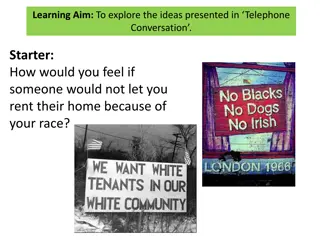From Good to Great: A Conversation Starter by Laurence Green
Dive into Laurence Green's insightful guide on moving from good to great in creative endeavors. Learn about shared missions, great briefs, memorable ideas, and more to enhance your approach to creativity and success in advertising campaigns.
Uploaded on Oct 03, 2024 | 2 Views
Download Presentation

Please find below an Image/Link to download the presentation.
The content on the website is provided AS IS for your information and personal use only. It may not be sold, licensed, or shared on other websites without obtaining consent from the author.If you encounter any issues during the download, it is possible that the publisher has removed the file from their server.
You are allowed to download the files provided on this website for personal or commercial use, subject to the condition that they are used lawfully. All files are the property of their respective owners.
The content on the website is provided AS IS for your information and personal use only. It may not be sold, licensed, or shared on other websites without obtaining consent from the author.
E N D
Presentation Transcript
From Good To Great: Improving The Odds. A Conversation Starter. by Laurence Green
A conversation starter You ve read the theory, and now it s time to put it into practice. This short document can be used as a quickfire checklist for agencies or clients embarking on new campaigns or reviewing recent ones, or as the basis for a fuller team discussion about whether you re collectively creating the right conditions for creative excellence. It s a 7-point ready reckoner and conversation starter inspired by some of the best brains in the business, and you ll get most out of it if you genuinely (and critically) hold yourselves to account against each one. We ve suggested some starters for ten against each but you re encouraged to follow your own lines of enquiry to make our general guidance more specific to your situation and to tease out actions and next steps. Laurence Green
1. A shared mission Great creative starts with a shared mission across the agency and client team and a clear sense of what success looks like. Some questions you might ask yourselves: Are we (client and agency teams) putting in the right sort of time together, up front: Finding our way to the real problem and the real opportunity? Getting to a clear definition of what success would look like as a business or brand outcome? Sharing other work, discussing what we like, agreeing what great looks like and setting out our creative ambition accordingly? Can we articulate a common mission from these things, a shared understanding, at the beginning, that will give our advertising development the best chance of getting to great? How are we doing so far? Laurence Green
2. A great brief The best client and agency briefs are single-minded, signed off and a great springboard in their own right. The job to be done is clearly set out. Some questions you might ask yourselves: How does our brief measure up to the above ambition? (Single minded and with a clear job to be done?) Are we happy with where we re setting out from and what we ve asked of others? How do they feel about it? Is the brief exciting to work from? Is the brief concise, polished to perfection, agreed by all stakeholders and signed off? Can we already see creative possibilities in the brief or does it just pass the problem on? How could this brief be even better? Laurence Green
3. A memorable idea Great ideas find their way into our memory, where they keep working. They are often founded on some kind of insight into the market, consumer and/or brand, and so feel instinctively right also. And they re usually simple thoughts that work emotionally. Great ideas have a kind of magic dust (sometimes even wonkiness) and can usually stretch across platforms and across time. Some questions you might ask yourselves: Do we have an idea that is going to find its way into people s heads and hearts, and lodge itself there? Is it grounded in the brand somehow? Does it elicit positive feelings rather than just thoughts? Can the core idea be put to work in different ways/executed afresh over time? Does it have legs ? Do we have the springboard we need to come up with great creative executions? Laurence Green
4. Commitment beats committees Great ideas are presented enthusiastically, debated honestly and bought decisively ideally by a single decision-maker. Some questions you might ask yourselves: Is there excitement in the room about the idea? Is it the high point of everyone s week? Has everyone shared their hopes and fears frankly, fearlessly and constructively? Has the essence of the idea survived in its original form, or even been improved? Has it been formally approved, and is that approval unconditional? Are we all leaving the room clear on next steps and our role in realising the idea from here? All good? Laurence Green
5. Trust the midwives Particularly in TV, production running mates that get it should be trusted to add or subtract the right stuff as well as bringing their craft skills to bear. Some questions you might ask yourselves: Are we keeping a responsible eye on production, approving the stuff we need to but keeping out of the way of the stuff we don t? Are the production team, at every stage, free to iterate as they see fit, and are there clear rules around check-ins and approvals where necessary? Laurence Green
6. Appropriate idea-led explosion into the other channels Great ideas are just that: they are bigger than any one execution. The idea should lead exploration and explosion into other channels, not (necessarily) its executional elements. Some questions you might ask yourselves: Have we defined the core idea (as opposed to initial execution)? Are we being led by it rather than executional elements? Are we clear on the role of our creative outputs in the channels where they will feature? How will the idea resonate in each of our executions, wherever it appears? Laurence Green
7. Measure correctly Great ideas are borne aloft on an understanding of how they will work, and over what timeframe. They typically work over the long and the short , rather than just the short and your metrics and reporting should too. Some questions you might ask yourselves: Have we got the right mental model of how this advertising will work, and an appropriate reporting framework? Are we all aligned on this? Is the business equipped to pick up short and long effects, from buzz all the way through to pricing power? Which are our most important metrics? Is our measurement horizon and reporting cycle tilted too short? Will we be able to pick up more persistent, brand-building effects? When and how often will we report on our key metrics? What could we be doing better? Laurence Green
A parting note The questions above have hopefully flushed out some areas for improvement, or just started a constructive conversation about creating the right conditions for great work to be a genuine possibility. Before you go, ask yourselves: what three actions are you going to commit to as a result of this provocation? Who s going to own them, and by when? Action 1. Owner? By when? Action 2. Owner? By when? Action 3. Owner? By when? Laurence Green
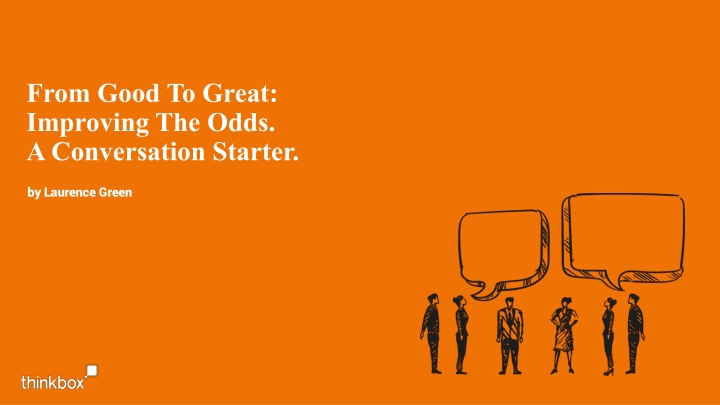






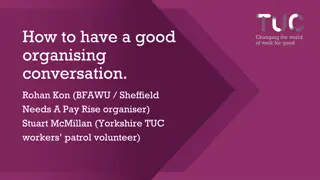

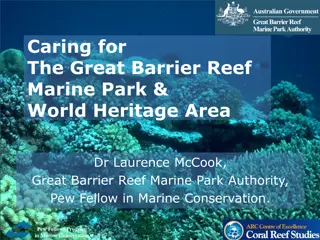

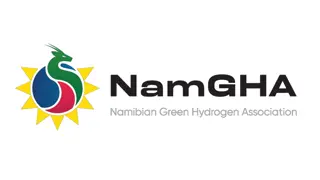

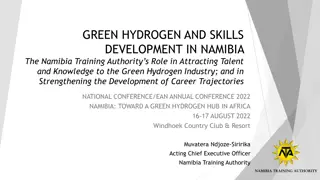
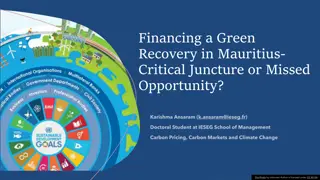
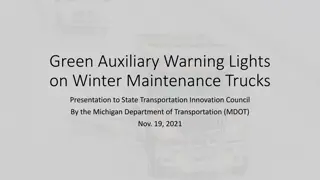

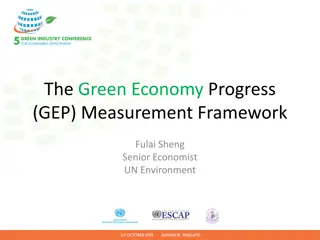

![USA Swimming and [Insert LSC Here] Starter Clinic Overview](/thumb/162824/usa-swimming-and-insert-lsc-here-starter-clinic-overview.jpg)
